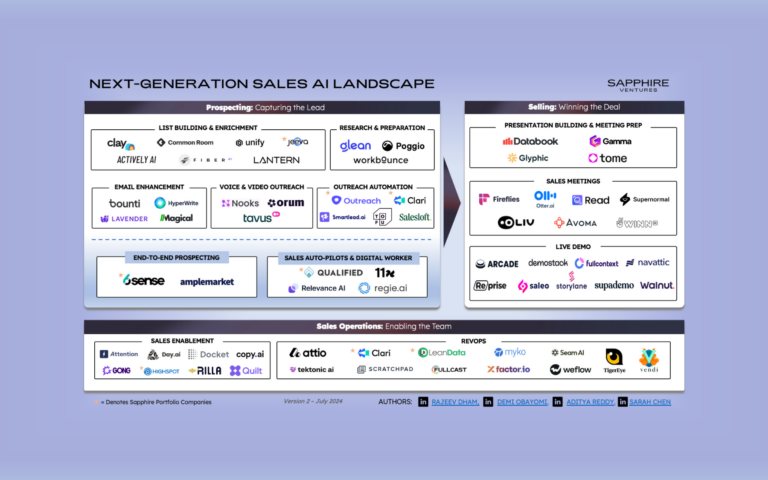
Fundraising for a startup is a notoriously stressful process. Vast amounts of ink have been spilled dissecting every aspect of what works when pitching a venture capitalist, and there are countless “tips” out there that promise to help entrepreneurs close deals.
But for all the attention paid to venture capitalists, and for all the energy expended on getting inside their heads, little attention has been paid to limited partners (LP) — the money behind the money that makes the venture world go ‘round.
In other words, LPs are where VCs get their money. LPs come in all shapes and sizes: one person writing a check for tens of thousands of dollars, sovereign wealth funds writing checks for $100 million or more, family offices and “institutional LPs” — endowments, foundations, pensions and managed assets such as banks, fund of funds, insurance companies and corporations.
Getting the right investors on board can play a pivotal role in a startup’s success. The reality is that without venture capital money, most startups would remain stagnant, and without LPs, VCs wouldn’t have the money to invest in those startups. Therefore, while one of the least talked about parts of the tech ecosystem, LPs play an essential role in helping to drive the engine of innovation. It’s also important that founders understand how venture finance works, at all levels, if they are going to depend so heavily on it. This includes getting to know their LPs, who may actually be beneficial to startups.
Will LPs provide value add?
The modern venture capital system emerged during the 20th century thanks to the efforts of business titans like Arthur Rock and Laurance Rockefeller, who invested capital in high-risk, young enterprises grounded in science and technology. Since then, we’ve seen venture capital grow and take on new roles.
In the last decade, we’ve seen a “value add” trend, where VCs have moved beyond just providing capital to tap their networks and provide myriad benefits to the startups they fund. This trend poses the question: Will LPs follow suit? And if so, what unique value will they provide? I believe the answer is yes, and, in fact, they’re already well on their way.
What are those benefits?
Many LPs have recently emphasized the word “partner” in “limited partner.” They look to become trusted advisors, not just financial backers. In addition to providing capital, LPs are often able to provide entrepreneurs with another lens into understanding the larger trends in the tech world and their investors.
Introductions
Very importantly, some LPs can provide business value by making partner and customer introductions, enabling startups to tap into an entirely different community and network than typically found on Sand Hill Road (or increasingly, South Park). To provide a recent example, Vintage Investment Partners, an LP in multiple funds and founded by Alan Feld, has impressively made some 200 customer introductions this year.
Because LPs are further upstream in the market, they’ve often built a breadth of relationships that makes a range of introductions possible. These can include business connections for startups as well as connections to other VCs for follow-on rounds and LPs for future GP fundraising.
Unique views
Beyond their connections, LPs may provide wider industry insights, distinct perspective and best practices. As investors in a range of funds, their vantage point for the industry is at a higher level than others in the industry; thus, they’re able to observe and identify trends, and possess a long-term view that spans decades of information and experience.
A diverse roster of VCs and LPs brings a wide range of perspectives to the table, and this knowledge can help startups make more informed decisions. For example, an LP who invests broadly in Europe or China may be able to share information about how fluctuation in those markets could impact Silicon Valley and make business introductions to help facilitate a startup’s expansion into Europe, if that is of interest.
LPs may be leading your next round
Many LPs are also more actively involved by doing direct deals along with their GPs. According to data from PitchBook, global LP direct investment and co-investment have climbed steadily since 2009, and for good reason. By investing directly and “doubling down” on companies they believe in, or by co-investing alongside VCs, LPs can boost returns, as well as sector-specific experience.
An even better result of this trend is that the relationships between LPs and GPs, as well as between LPs and startups, have grown more intimate. With LPs making direct investments, the line between VC and LP may be blurring. This means that startups, particularly those at later stages, could have an LP lead their next round. That alone is a great reason for founders to start paying attention to the LP world.
Strong LPs can last through down cycles
Just as entrepreneurs carefully evaluate the history and strength of their VCs before accepting term sheets, they can also benefit from knowing the LPs behind the VCs. Entrepreneurs need to know how strong their VCs and LPs are because down periods are inevitable, and they need to trust that their investors will last through those periods. LPs do not necessarily re-up for every future fund. Therefore, a firm with LPs who are less committed over the long term is likely going to be less successful than a firm with strong and dedicated LPs.
Greater transparency and looking forward
A key factor ushering in this new era is the venture capital industry’s movement toward greater transparency. It’s common for startups to discuss the origins of their funding. Similarly, we believe that VCs are becoming increasingly open about where they get their money because they recognize that greater understanding of the entrepreneur-to-LP tech ecosystem will lead to a stronger ecosystem overall. Our favorite, albeit self-serving, example of this came from Christoph Janz, co-founder and managing partner of Point Nine Capital, who tweeted, “Do you know our secret weapon? We have the best LPs.”
In addition, some entrepreneurs care who will ultimately benefit from their returns, either for financial or moral reasons. A company with a strong moral mission may choose their LPs for reasons that have nothing to do with capital, and some VCs and founders would be curious to know which LPs are required to publish their numbers and which are not. If they sell their company for a hefty sum of money, LPs, as well as VCs, get paid, and entrepreneurs have a right to know who’s receiving the money.
It’s safe to say that when a startup brings a new investor on board, they aren’t just bringing on those VCs — they are linking themselves to an entire roster of LPs who enable VCs. The fact that limited partners are taking a more active role represents a significant opportunity for entrepreneurs who know how to take advantage of it. There’s plenty of insight and value you’ve probably yet to uncover.



